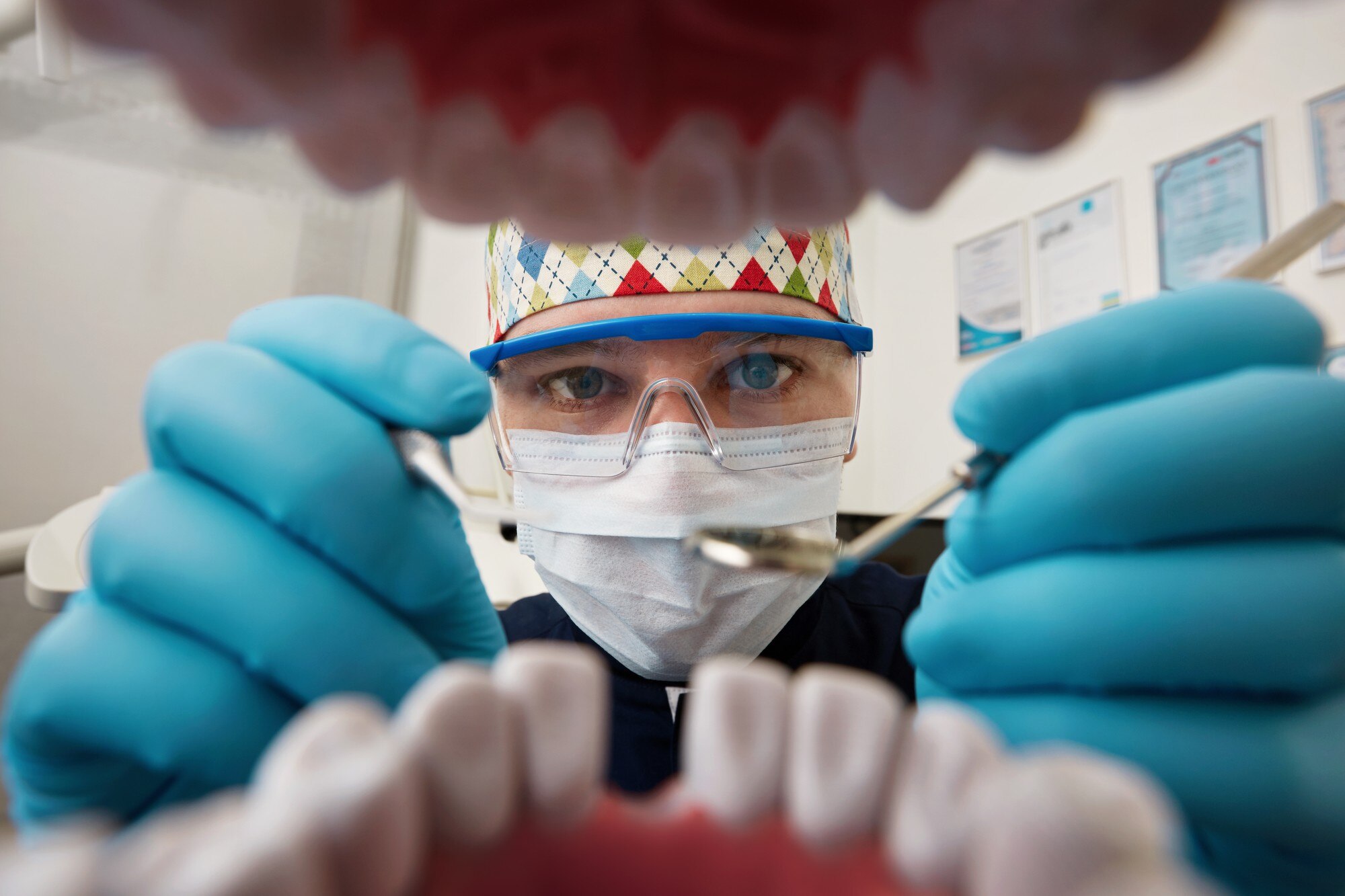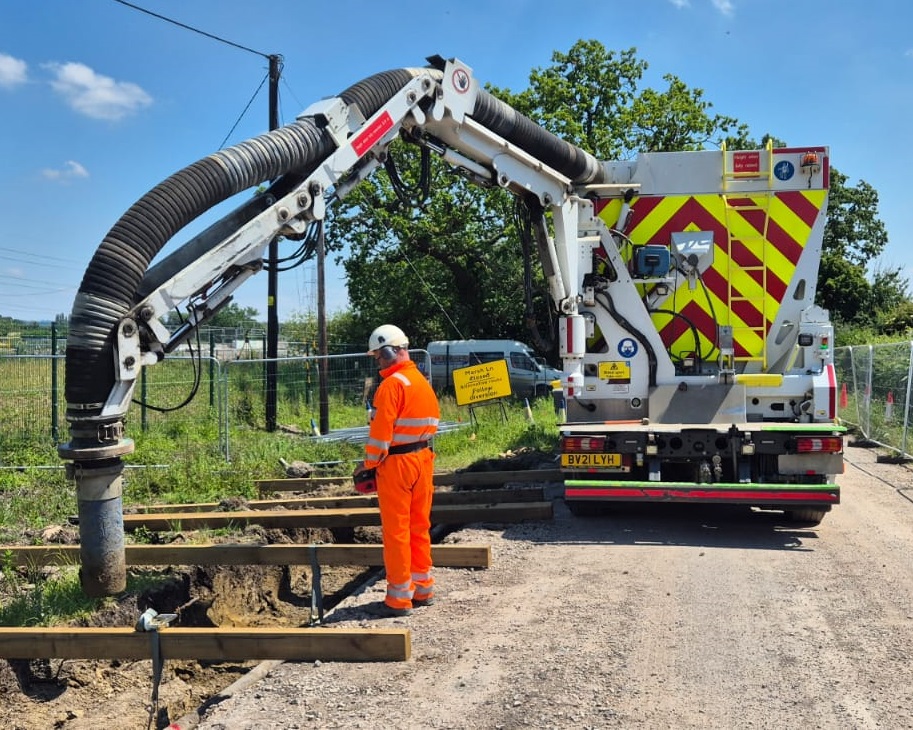Missing teeth happen. Tooth loss can be caused by decay, accidents, gum disease or genetic conditions, but whatever the cause, it can lead to significant problems. Eating can become more challenging, you might have problems with your speech, and you might become very self-conscious about smiling, or refuse to smile at all. As well, your remaining teeth must now compensate for the missing tooth or teeth, leading to damage and uneven wear.
There’s no doubt about it, missing teeth are responsible for many problems. Luckily there’s a solution – in fact, there are a few options when you’re looking for a way to replace missing teeth. Two of the most popular and effective choices are dental implants and dental bridges.
Dental implants
What they are Dental implants are artificial teeth which are permanently inserted into your jawbone, and which look and function just like your natural teeth. The implant process involves surgically inserting a replacement tooth root into the gap created by your missing tooth, and after a period of integration, topping it with a restoration such as a crown or bridge.
Who they will benefit
Implants are a great choice for people with only one or two missing teeth, as they are a highly long-lasting and effective treatment. You’ll have the best chance of your implant being successful if you’re healthy and don’t smoke.
Who is not a good candidate for an implant
Implants aren’t for everybody, however. As mentioned above, if you’re a smoker, implants probably won’t be a good choice for you. As well, people with complex health conditions, such as cancer, diabetes, or auto-immune disease, or those on certain medications are not suitable candidates for receiving dental implants, and will have to consider other options.
Advantages
- Dental implants are permanently fixed in your gum, and don’t require removal, special cleaning or maintenance.
- They are extremely long-lasting and durable.
- You can treat a dental implant just like a natural tooth, using just the same care, cleaning and maintenance that you normally would.
- There are no limitations to what foods you can eat with your implants.
- Implants are expensive initially, but don’t require many further costs, and are a cost-effective solution over time.
Disadvantages
- The main disadvantage of implants is their high initial cost.
- Placing an implant involves oral surgery and multiple trips to the dentist.
- Not everyone is a suitable candidate for a dental implant.
- The implant process can take considerably more time than other treatment methods, as the implant needs time (often months) to fuse to the jawbone.
Click here to read more about dental implants: https://www.lentinidental.com.au/the-procedure-for-getting-dental-implants/
Dental bridges
What they are While a dental implant is a tooth replacement, a dental bridge, as it sounds, is a bridge built between two healthy teeth to cover the gap created by a missing tooth. A dental bridge is anchored to and supported by the teeth surrounding the gap, and creates the illusion of a tooth where a tooth doesn’t exist. Bridges are designed to look, function and feel just like your natural teeth, and solve many of the problems caused by missing teeth.
Who they will benefit
Dental bridges are a great choice for people missing between one and four consecutive teeth that are affecting the way you talk or smile (a single bridge can’t be used to cover non-consecutive missing teeth, however). They are chosen for people who have reasonably good general health, and who are committed to maintaining good oral hygiene, as this helps the bridge last as long as possible and prevents any disease or decay occurring around it.
Who is not a good candidate for a bridge
Bridges also are not for everybody. You won’t be a good candidate for a dental bridge if the teeth surrounding the gap are weak or diseased, or you don’t have sufficient jawbone density to support a bridge. If you have a major medical condition that will impact the process, or dental problems which might require procedures such as a root canal, a bridge is also not for you, as these problem teeth may become infected or damaged over time. As well, if you’re in generally poor oral health, you shouldn’t get a bridge.
Advantages
- They are custom made to fit your mouth.
- They are highly durable and can last a lifetime with proper care and good oral hygiene.
- They can be matched to the colour of your existing teeth to give you added confidence.
- They offer stability and prevent the problems of drifting teeth.
- They allow you to eat easily and smile confidently, and solve problems with chewing and biting.
- They lead to a lifetime of good oral care, which is a must to ensure the longevity of your bridge.
- They are a faster solution to missing teeth than implants.
Disadvantages
- Cost can be a disadvantage for some, although they are cheaper than implants.
- Not everyone is a suitable candidate for a dental bridge.
- A bridge does not prevent oral problems from developing, and if they do develop, they are harder to reach and deal with under the bridge.
Click here to read more about dental bridges: https://www.lentinidental.com.au/are-you-a-good-candidate-for-a-dental-bridge/
Which choice is best for me?
So, which tooth replacement procedure is going to be best for you? Well, it depends on your individual and unique situation, wants and needs. If you’re unsure, it’s best to discuss your options with your dentist. Get in contact with the experts at Lentini Dental here: https://www.lentinidental.com.au/contact-us/




Leave a Reply
You must be logged in to post a comment.